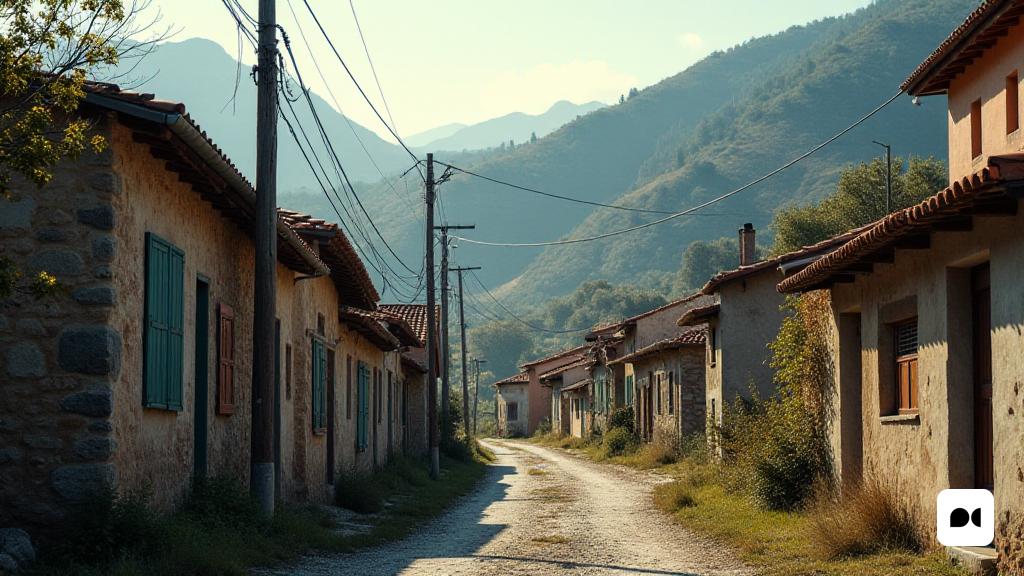A silenced reality
The problem of corruption in the small localities of Alt Urgell is a topic that is often relegated to the background. While large cities are subject to considerable media attention, the local administrations of this Pyrenean region operate in a poor supervision environment, where the lack of transparency and the abuse of power can be taken without much impact.
Factors that facilitate corruption
Opaque management and devile control
In most small municipalities, control mechanisms are insufficient, which allows officials to handle resources with freedom that often results in irregularities. The lack of rigorous audits implies that many management acts escape any type of review.
Political clientelism as a rule
In many of these localities, power is concentrated in a few families, which perpetuate a system in which the favoritism and irregular hires are the rule. This creates an environment where public resources are managed based on particular interests, favoring those who maintain political alliances.
Contracts fractionation: a common strategy
A common technique to avoid controls is the division of contracts, a method that allows public works to allied companies without going through formal bidding. A remarkable example is the case of Laura Borràs, who was convicted of favoring a collaborator through this practice during his term in the Institution of Catalan Letters.
Scandals that mark the Diputación
The Boreas case represents an alarming example of corruption in the Diputación de Lleida. This scandal revealed a network of adulterated contracts and illegal payments that diverted funds for essential services. The consequences of these acts not only affect public finances, but also have a direct effect on the quality of life of the citizens.
Lack of participation and institutional complicity
Citizen participation is crucial for local government surveillance. However, misinformation and fear of retaliation make this commitment, allowing corruption to remain without obstacles. In addition, the complicity between municipal authorities and businessmen often results in the perpetuation of corrupt practices without consequences.
Negative impact on community
The consequences of corruption in these municipalities are devastating, as the funds that should be used for basic infrastructures and services are diverted, affecting the health, education and security of the neighbors. This dynamic creates a cycle of distrust and standardization of corruption, which is difficult to break.
Proposals for transformation
In order to deal with corruption in Alt Urgell, it is imperative to strengthen control mechanisms and promote active citizenship. Some effective measures could include:
Transparency and oversight
Implement systems that guarantee public access to information on the use of resources and establish independent audits that supervise municipal management.
Civic education and complaint
Encourage civic education and create safe digital platforms to facilitate corrupt practices.
Judicial independence
Ensure the independence of the judicial system to allow those responsible for corruption to be properly sanctioned.
The high incidence of corruption in the small municipalities of Alt Urgell is a reflection of a political culture that needs a deep transformation. Only through informed citizenry and transparent management can this evil that hurt local communities so much.
Reform of the judicial system
Inefficiency in the courts of instruction, such as those of Solsona and La Seu d’Urgell, exacerbates citizen distrust. It is essential to take measures that improve the efficiency and independence of the judicial system, ensuring that justice is managed effectively. The modernization of judicial processes and the training of staff are steps needed to restore confidence in the system and combat corruption.

